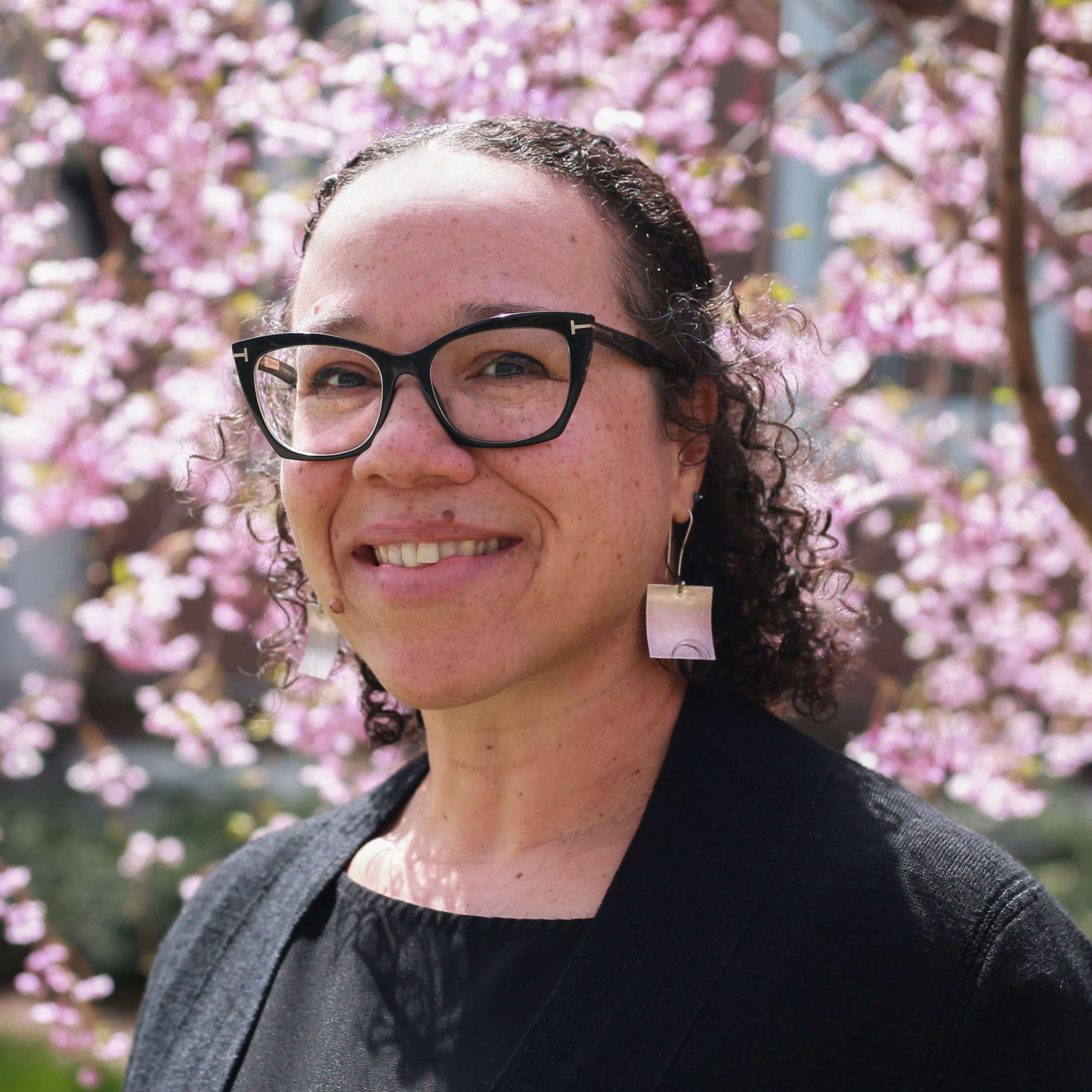Mar 12 2025 40 mins 1
This is Ashley Newby and you’re listening to The Black Studies podcast, a Mellon grant sponsored series of conversations examining the history of the field. Our conversations engage with a wide range of activists and scholars - senior figures in the field, late doctoral students, and everyone in between, culture workers, and political organizers - in order to explore the cultural and political meaning of Black Studies as an area of inquiry and its critical methods.
Today's discussion is with Marisa Fuentes, who teaches in the departments of History and Women's, Gender, and Sexuality Studies at Rutgers University. Her research interests are interdisciplinary and focus on histories of gender, slavery, the Caribbean and Black Atlantic worlds. Along with a number of scholarly articles and edited collections, she is the author of Dispossessed Lives: Enslaved Women, Violence, and the Archive, which won book prizes from the Association of Black Women Historians, The Berkshire Conference of Women Historians, and The Barbara T. Christian Best Humanities Book Prize from the Caribbean Studies Association. In this conversation, we discuss how Black Studies informs critical historical research, the theoretical and ethical problem of reading for silences, and how practices of careful, archive-attuned fabulation have deep and abiding impact on Black Atlantic and Black women's history.
